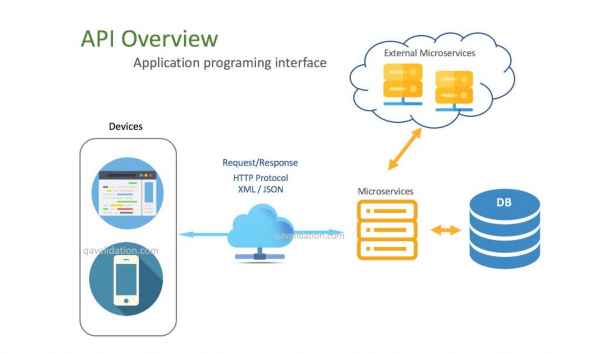Code Repository
What is a Code Repository?
Definition:
A code repository, also known as a version control repository or source code repository, is a centralized location where developers store and manage their source code. It serves as a collaborative platform that facilitates code sharing, version control, and coordination among team members working on a software project. Code repositories play a crucial role in modern software development, enabling efficient collaboration, tracking changes, and ensuring the integrity and stability of codebases.
Analogy:
Think of a code repository as a library for a team of writers. Each writer can contribute chapters, make edits, and review changes, with the library maintaining a comprehensive record of the book’s evolution. Similarly, a code repository keeps track of code changes, allowing developers to collaborate seamlessly on software projects.
Further Description:
Code repositories provide the following functionalities:
Version Control: Developers can track changes to the codebase over time. This ensures that previous versions can be revisited, mistakes can be corrected, and the history of the project is well-documented.
Collaboration: Multiple developers can work on the same project concurrently without interfering with each other’s work. The repository manages conflicts and merges changes, promoting a smooth collaborative workflow.
Backup and Recovery: Code repositories serve as a centralized backup, preventing data loss. In case of errors or system failures, developers can revert to previous states of the codebase.
Code Reviews: Developers can review each other’s code changes systematically, ensuring code quality, identifying issues, and sharing knowledge within the team.
Branching and Merging: Developers can create branches to work on specific features or fixes independently. Branches can later be merged back into the main codebase, allowing for a controlled integration of new features.
Why is a Code Repository Important?
Collaboration Efficiency: Code repositories enhance collaboration by providing a structured and organized environment for multiple developers to work on the same project.
Version Control: Versioning ensures that changes are tracked, allowing for easy identification of when and by whom a particular modification was made. This aids in debugging and understanding the evolution of the codebase.
Error Recovery: Repositories act as a safety net, allowing teams to roll back to stable versions in case of errors, preventing catastrophic consequences of code changes.
Code Quality: Code reviews and branching mechanisms contribute to maintaining high code quality, as changes are systematically assessed and integrated.
Examples and Usage:
GitHub: A widely used platform, GitHub provides hosting for software development and version control using Git. It enables collaboration through features like pull requests, issues, and project management tools.
GitLab: Similar to GitHub, GitLab offers a comprehensive platform for source code management, continuous integration, and collaboration. It provides both cloud-hosted and self-hosted solutions.
Bitbucket: Atlassian’s Bitbucket supports both Git and Mercurial repositories. It includes features like pull requests, code reviews, and integration with other Atlassian tools.
Key Takeaways:
Version Control: Code repositories track changes, providing a historical record of the codebase and enabling efficient version control.
Collaboration: Repositories facilitate collaboration by allowing multiple developers to work on a project simultaneously.
Error Recovery: They act as a safety net, allowing teams to revert to stable versions in case of errors or unexpected issues.
Code Quality: Code repositories support code reviews and branching strategies, contributing to the maintenance of high-quality codebases.
Examples: Popular code repository platforms include GitHub, GitLab, and Bitbucket.
Table of Contents





